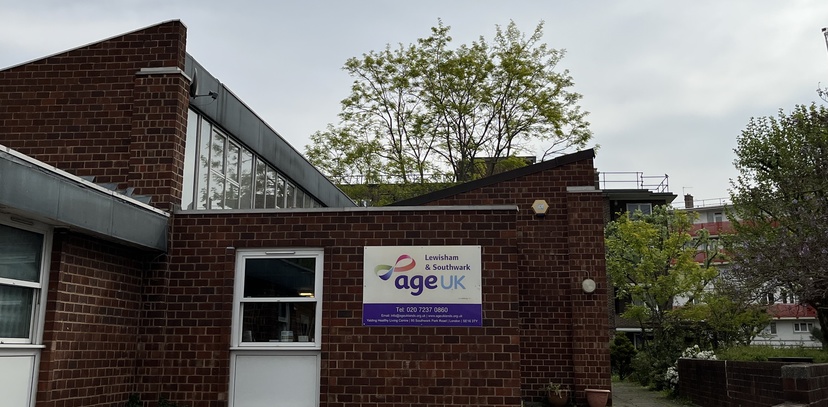Contextual Background
I teach a unit on MA Performance: Screen with second-year students focused on community and collaboration. As part of the unit, students plan and deliver a public intergenerational workshop. This preparation involves engaging with workshops, lectures, and seminars exploring theoretical, ethical, and practical approaches to social practice. The students then apply their learning with a group of older people in a day care centre. This aligns with what Orr & Shreeve (2017) describe as the ‘real life’ problematic of signature pedagogies, as students bridge the gap between theory and professional practice. Two key challenges arise:
- Students are pushed beyond the relative safety and comfort of the classroom.
- Potential safeguarding and ethical issues can arise when engaging with the public.

Evaluation
To address the first challenge, I focus on building students’ confidence through practice and feedback. Early in the unit, I organise a trip to the day centre, where we meet the older participants, have tea, and observe the daily activities. This helps students and participants to become familiar with one another, and for the students to get to know the space.
I provide plenty of opportunities for students to test their workshop plans at university in advance of the session, with one another. Peer feedback, as well as input from the day care centre manager, helps refine their approach. I also offer one-on-one and group tutorials to discuss specific concerns.
For safeguarding and ethical concerns, I liaise with the day care centre manager to understand their safeguarding procedures, which I share with the students beforehand. During the workshops, I move between participants and groups to monitor and offer support as needed. Given the larger group sizes, this becomes more challenging, but no student is ever alone with a participant and staff are always on hand to support too. After the sessions, I conduct debriefings separately with students, then with the participants and day care manager. If any safeguarding issues arise, these are escalated according to the agreed pathways.
Moving Forwards
Through a conversation with my course peer, Hannah Kemp-Welch, I was introduced to an excellent text; Pablo Helguera’s Education for Socially Engaged Art. This recommended text has helped me understand how to deliver the project safely and navigate the challenges of working in external community environments. Helguara’s writing underscored the importance of creating opportunities for students to experience socially engaged practice as a ‘form of performance in the expanded field’ and that ‘mere art history and theory won’t do’. Helguara states that “SEA (Socially Engaged Art) depends on actual—not imagined or hypothetical—social action.’ This, alongside Orr & Shreeve’s writing on signature pedagogies, supports my belief that students need real community experiences to truly understand socially engaged practice. The nature of community-based practice is always evolving, so adapting strategies to meet the needs of different groups each year is very important.
Moving forward, I will continue to discuss and be transparent with students about the steps taken to support their learning and safeguard participants. This will help them better understand the complexities of the practice and feel supported throughout the process.
References
Helguera, P. Education for Socially Engaged Art (2011)
Orr, S & Shreeve, A. Art and Design Pedagogy in Higher Education (2017)
Leave a Reply